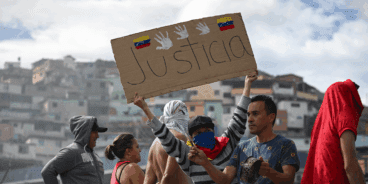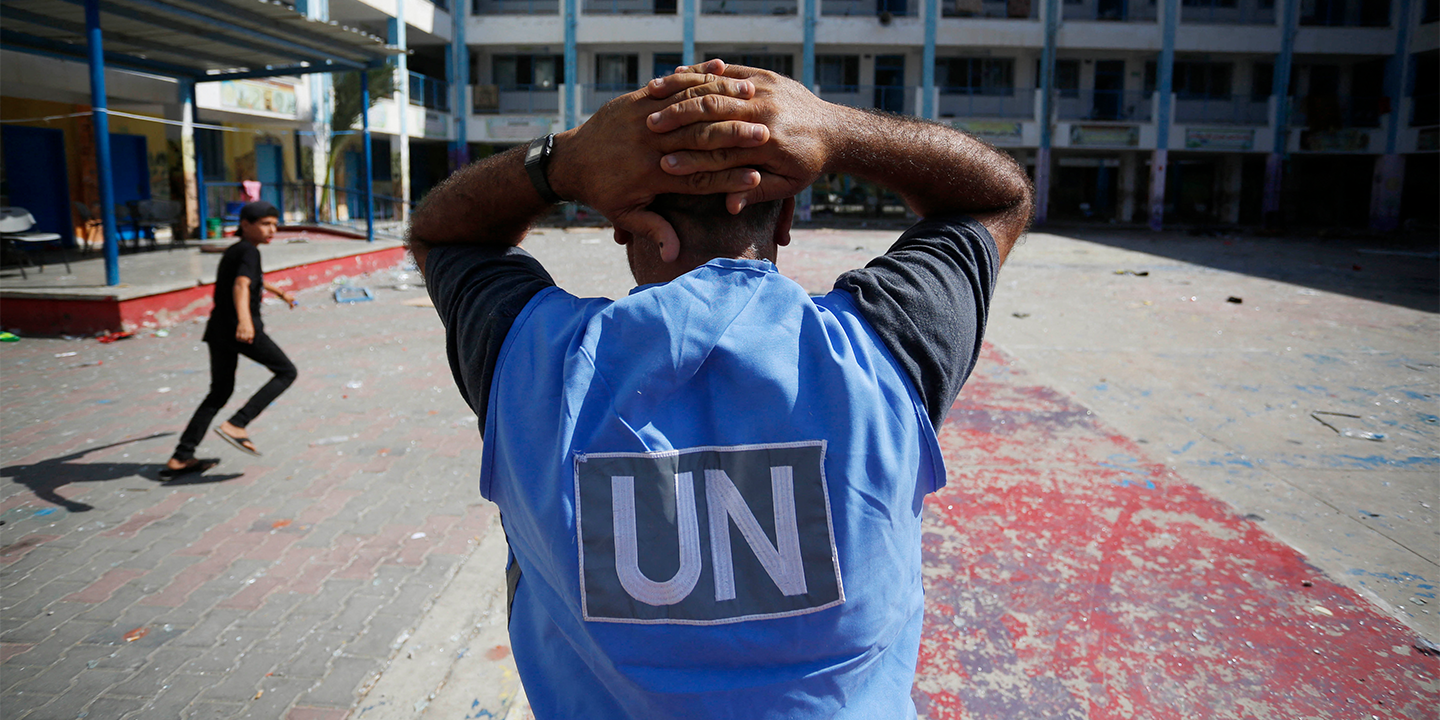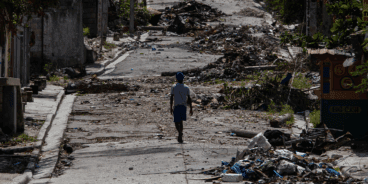

UN80 and the Future of Atrocity Prevention: Opportunities for Structural Reform
On 26 June the United Nations (UN) celebrated the 80th anniversary of the signing of the UN Charter, reaffirming its foundational role in advancing peace, development and human rights. Eighty years after its founding, the UN stands at a crossroads. While the principles enshrined in the UN Charter remain as vital as ever, the world has changed dramatically. Today’s challenges – ranging from protracted armed conflicts and geopolitical fragmentation to the erosion of international norms and growing inequality – highlight the urgent need for renewed multilateral cooperation and bold reforms. Furthermore, the UN has faced funding shortfalls for decades, but what was once a recurring challenge has now become a full-blown liquidity crisis.
In this context, in March of this year, the UN Secretary-General launched the UN80 Initiative – an ambitious system-wide push to streamline operations, enhance impact and reaffirm the UN’s relevance in a rapidly changing world. Under this initiative, there is growing momentum behind efforts to reform the UN’s protection framework to ensure it is better equipped to prevent and respond to emerging risks faced by vulnerable populations.
Few failures have more profoundly damaged the UN’s credibility than its inability to prevent or respond effectively to mass atrocity crimes. When the UN undertook internal reviews of its own shortcomings in situations such as Sri Lanka (Petrie Report, 2012) and Myanmar (Rosenthal Report, 2019), these assessments led to renewed calls for stronger leadership, improved coordination and the integration of human rights and atrocity prevention across all areas of UN engagement. While considering various aspects of UN reform, the international community must remember the lessons learned from these internal reviews.
It is critical to remember that the establishment of many of the UN’s protection mandates – including those on Genocide Prevention, the Responsibility to Protect (R2P), Children and Armed Conflict and Sexual Violence in Conflict, among others – are the result of hard-won diplomatic achievements designed to respond to atrocity crimes. These principles form the bedrock of international protection frameworks and must not be compromised for the sake of operational efficiency or financial cost-cutting. In fact, as the world faces an unprecedented scale of conflict and atrocity crimes, it is more important than ever to safeguard and strengthen these capacities.
This reform process provides a unique opportunity to prioritize enhancing the UN’s capacity to prevent and respond to atrocity crimes – in all their intersectionality. This includes addressing specific vulnerabilities related to age, gender, race and other factors, while grounding prevention efforts in a strong commitment to human rights. Achieving this requires not only a thorough and candid evaluation of the system’s current shortcomings, but also a clear commitment to preserving and building on its existing strengths.
In this context, the Global Centre for the Responsibility to Protect would like to stress the following points:
-
-
- Atrocity prevention must remain a distinct and central focus within UN reform efforts because the commission of genocide, war crimes, crimes against humanity and ethnic cleansing represent the most egregious failures of the international community. While conflict prevention and human rights promotion are essential, atrocity prevention requires specific tools, risk analyses and political will to identify and act on early warning signs. These essential capabilities must remain intact and be strengthened as part of any reform process.
-
-
-
- Although current discussions are centered on budget cuts, mandate efficiency and effectiveness and terminating or merging mandates and positions, what is urgently needed is a strategic and substantive conversation – one that involves member states, but also civil society organizations – about which core functions and capabilities are essential and must be preserved. Without this kind of thoughtful, inclusive dialogue, simply reducing positions or mandates risks undermining the very purpose and effectiveness of the reform process. Budget decisions alone will not address the deeper structural issues.
- Discussions on the relevance and continued necessity of specific mandates should meaningfully include civil society organizations. These actors often work directly with, or represent, communities that are most affected by the implementation of mandates. Their insights are essential in assessing which mandates are truly delivering impact on the ground, and which may no longer serve their intended purpose.
- This process should not be primarily about retaining specific individuals or titles. However, it is essential to ensure that the unique roles and core functions of the Special Advisers on Genocide Prevention and R2P are preserved. These roles were intentionally advisory rather than operational, reflecting a carefully designed approach within the UN system. Their primary function is to provide strategic guidance to the Secretary-General and inform and orient his political stance and response to situations where atrocity crimes may be committed.
-
-
-
- The value of the UN Office on Genocide Prevention and R2P lies not in program delivery, but in enabling the UN to transcend daily operations and focus on long-term, cross-cutting and intersectional risks faced by populations worldwide. Any reform process must therefore establish a central hub for protection, ensuring that warnings of atrocity crimes are recognized and that the Secretary-General is equipped to respond with credibility and moral clarity.
-
The UN80 reform process offers a critical opportunity to further strengthen and redesign the UN Secretariat’s capacity to identify and address the structural drivers and early warning signs of atrocity crimes. Without these capabilities, the UN cannot credibly fulfill its mandate to prevent and protect, nor uphold the core promises and principles enshrined in the UN Charter.
Related Content


Expert Voices on Atrocity Prevention Episode 49: Bushra Khalidi
